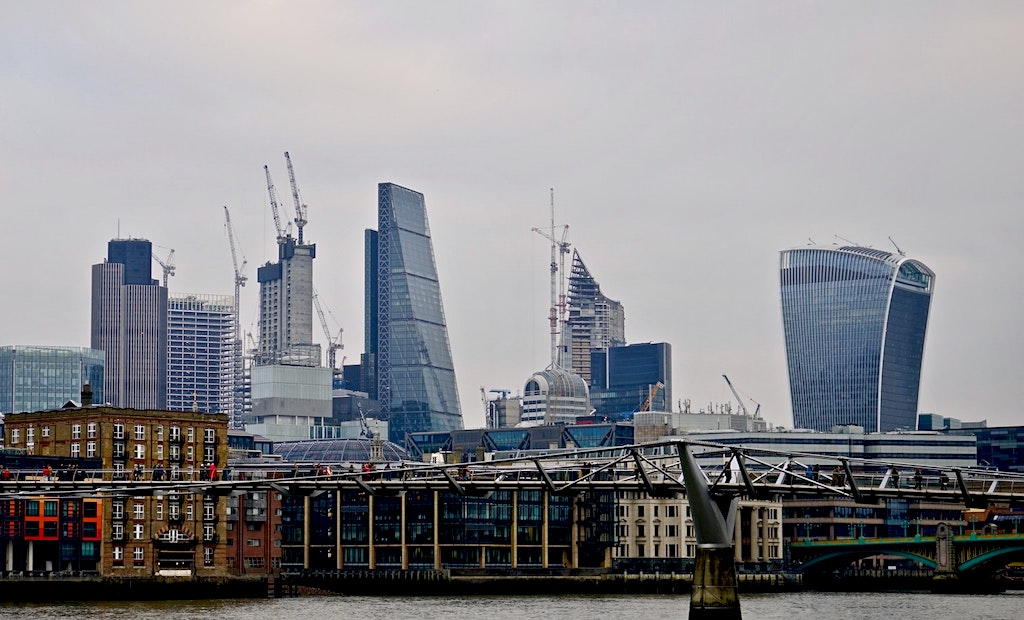Britain facing a second credit rating downgrade following budget

Credit rating agency (CRA), Fitch, has warned that the UK could face its second credit downgrade as the agency conducts its analysis of the new budget.
Fitch has now placed the UK on a negative watch with a “heightened probability of a downgrade” by May. This would mark the second of the three nationally recognised Credit rating agencies to downgrade the UK’s credit. Indeed, back in February, the credit rating agency, Moody’s, kicked the UK out of the AAA credit group – a group that includes Germany, Switzerland and Canada.
The warning comes after the release of economic and fiscal forecasts by the Office for Budget Responsibility (OBR). The report slashed the UK’s growth prospects in 2013 by half, from 1.2% to 0.6% of GDP, while also increasing the borrowing forecasts up to 85.6% of GDP. Unemployment also fell less than expected in 2012.
Using a tougher measure of debt levels, however, Fitch has stated that the UK’s debt will peak at 100.8% by 2016-17 before it begins to fall.
The agency has said: “The persistently weak performance of UK growth, in part due to European growth, has increased uncertainty around the UK’s potential output and longer-term trend rate of growth with significant implications for public finances.”
Britain is now sliding into the same situation as Japan in the 1990s losing a decade as it enters continuous economic contraction and rids itself of unproductive displaced capital from the boom years. In the last three months of 2012 the UK contracted by 0.3% of GDP.
The Treasury has a conflict of interest: the UK public, accustomed to easy-credit in the boom years, now must face the reduction of the bust, and although it is hard there are “no easy answers to problems built up over many years”.
The trouble with a bust is the question of how fast to cut the excesses without causing political upheaval: cut fast and recover quickly, causing major changes that will be hard to adjust to, or, cut slowly and allow citizens to adjust over the long term. Normally the long-term adjustment is favored, meaning a “lost decade”.
Lord Mandelson, a British Labour Party politician, said: “Everyone knows we are in a heck of a bad way in the economy. Quite a lot more pain is going to be experienced. What we should be saying is: this is the light at the end of the tunnel.”
“The markets have long been expecting Fitch, and for that matter Standard & Poor’s, to eventually follow Moody’s in taking away the AAA rating,” said Howard Archer, an economist at IHS Global Insight.
Patrick Corby
























Facebook
Twitter
Instagram
YouTube
RSS